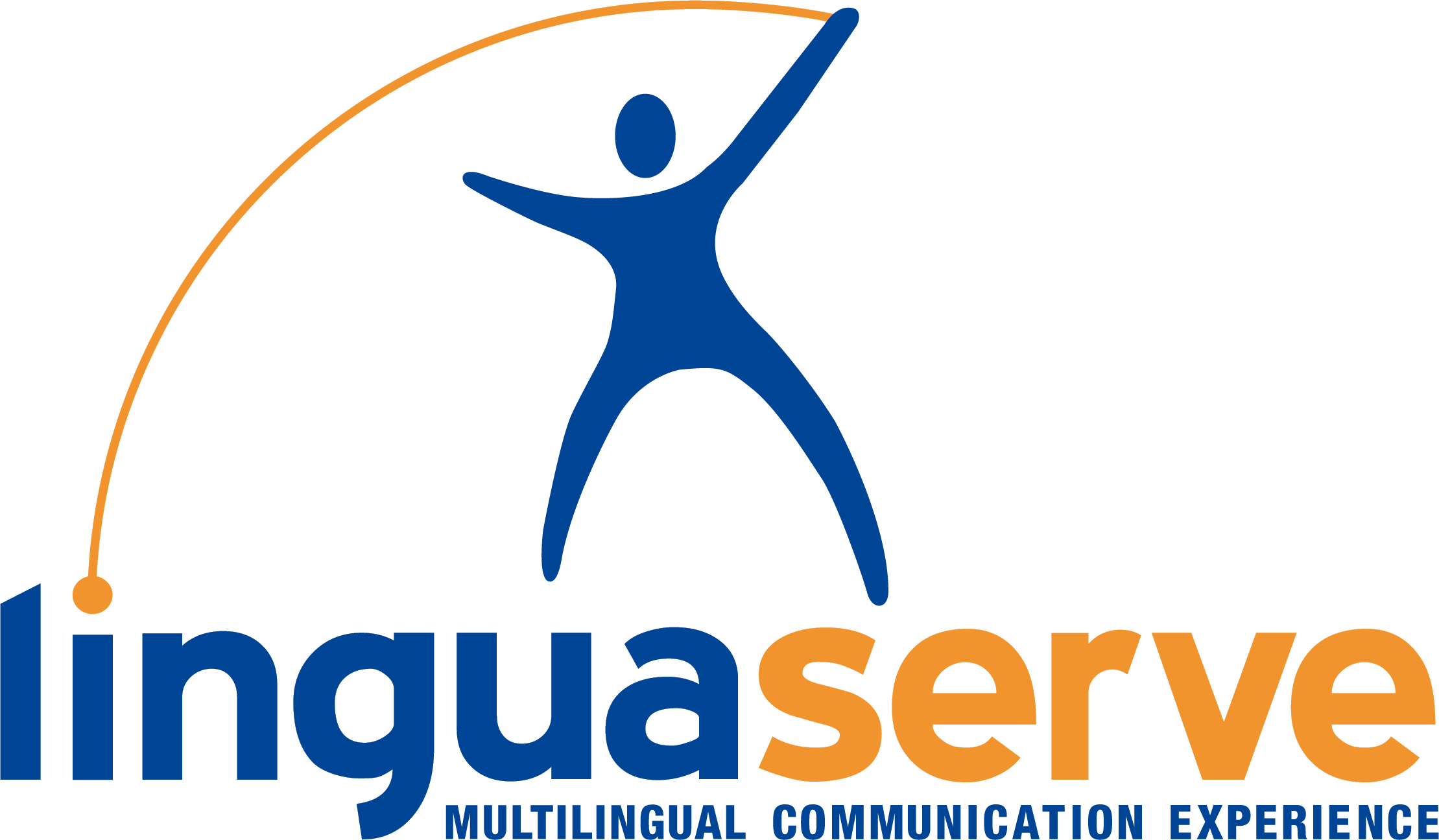Translating a website to another language on your own can be a very tempting idea to save money, but before you start you should be aware of the high risks you may be taking. A translator’s role is not exclusively focused on translating a document word for word, but goes further.
Many free translation tools offer a literal translation of your content. A professional translation, however, will correct semantic errors, providing you with a correct and reliable translation. Likewise, services such as website localization, can offer you site interpretation and adaptation to another language, not only to make it easier to understand but also to fit the culture of destination.
Correct use of vocabulary
Despite thinking you can get by on your own, it is very probable you will make mistakes that will catch a native’s eye. The sum of all these errors, despite how minor they may be, will negatively affect the perception a customer has of your business, hence your brand’s reputation.
Some of the most common errors you can see online take place when a website owner has directly relied on machine translation and has chosen incorrect terms. So you get an idea of what we are referring to, on some websites in English or translated into English, there have been cases in which historic helmet has been used to refer to an old helmet or cat to refer to a hydraulic jack. Even though they mean helmet and jack, they are literal translations that do not have the exact meaning and are unintelligible for the English-speaking public. The correct translations would have been old town and jack.
Other types of cases in which there is an incorrect use of vocabulary are those in which the chosen word, despite having a similar meaning, has certain nuances. For example, clock. This word in Spanish is “reloj”, meaning both clock and watch. If you, however, sell wrist watches and use the word clock it will be incorrect for a native speaker. They will understand what it is, but they will know it is an incorrect translation, since the correct term would be watch.
These are just some examples on how some of the most common words can turn against you if you are not careful or if context is incorrect.
Cultural differences
Formal and informal tone and language are not the same in all countries. If we use Spain and Latin America as an example, we can see that a formal tone is more common in the latter. This is exactly why the Spanish language can sometimes be perceived as direct, hostile and rude in Latin America. Taking this into account, when you translate into languages from countries with big cultural differences, such as Chinese, Japanese or some Arabic countries, knowing the culture is a sensitive issue that requires having good command of not only vocabulary and grammar, but also deep structures.
As you probably already know, the use of set phrases and expressions specific to each language, make reading go from comprehensible to natural. You will want the client to see you as a person who safeguards their interests at all times, and not as a third party whom they will even have trouble communicating with. To this respect, another common error is trying to translate our expressions into other languages literally. This will only confuse readers from other cultures since the translations will most likely make no sense.
Legal barriers and technical terms
Matters such as text formatting or the use of specific terms can also result in negative legal consequences. With a professional translator you will have the guarantee that your communication will be adapted and accurate and follow the specifications of the target market for your business.
In conclusion, trying to save some money on your website translation can be more expensive in the long run. A bad translation will harm your business’ image and can cause problems such as losing sales or even legal problems in the most extreme cases. For these reasons, and because at Linguaserve we only want what’s best for you, we offer you all of our support and necessary advice on website translation.







